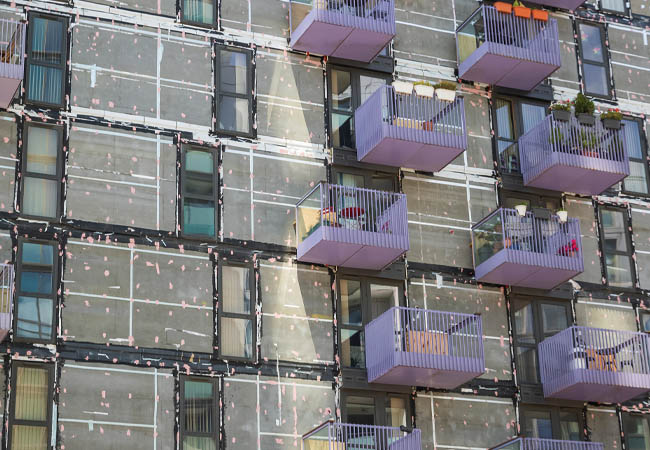Major updates to the draft UK Net Zero Carbon Buildings Standard (NZCBS) have been announced following a consultation.
The update states that offsetting will be a voluntary requirement that will be ‘encouraged’. Where it is pursued, sufficient carbon offsets must be purchased to cover all carbon emissions required to be reported under the standard.
If offsetting, operational carbon emissions must be reported annually for existing buildings. These include operational energy, refrigerant gases, operational water and significant sources of in-use embodied carbon from components used in repairs.
For new buildings, the scope of reported carbon includes operational carbon during the first year of operation, plus upfront embodied carbon at practical completion.
Renewable electricity procurement may be used to offset Scope 2 carbon emissions from Grid electricity, in place of purchasing carbon credits to meet the standard.
Initially, the standard will only apply to whole buildings and not to individual tenant demises. Subsequent iterations of the standard are planned that will define and develop a delineated approach between owners and occupiers and/or between individual tenant demises.
Once the delineated update is available, net zero verification will be achievable independently for different demises.
A beta testing version of the standard is set for publication in spring 2024, with Version 1, including guidance and supporting documents, planned for publication in late 2024.
The standard will apply to new-build and retrofit/existing buildings. A project can only be verified, by a third party, as net zero carbon after one year of metered data following occupation.
QODA Consulting associate Katie Clemence-Jackson has become chair of the standard’s technical steering group, replacing Clara Bagenal George, who remains on the steering group as a representative of Leti.




